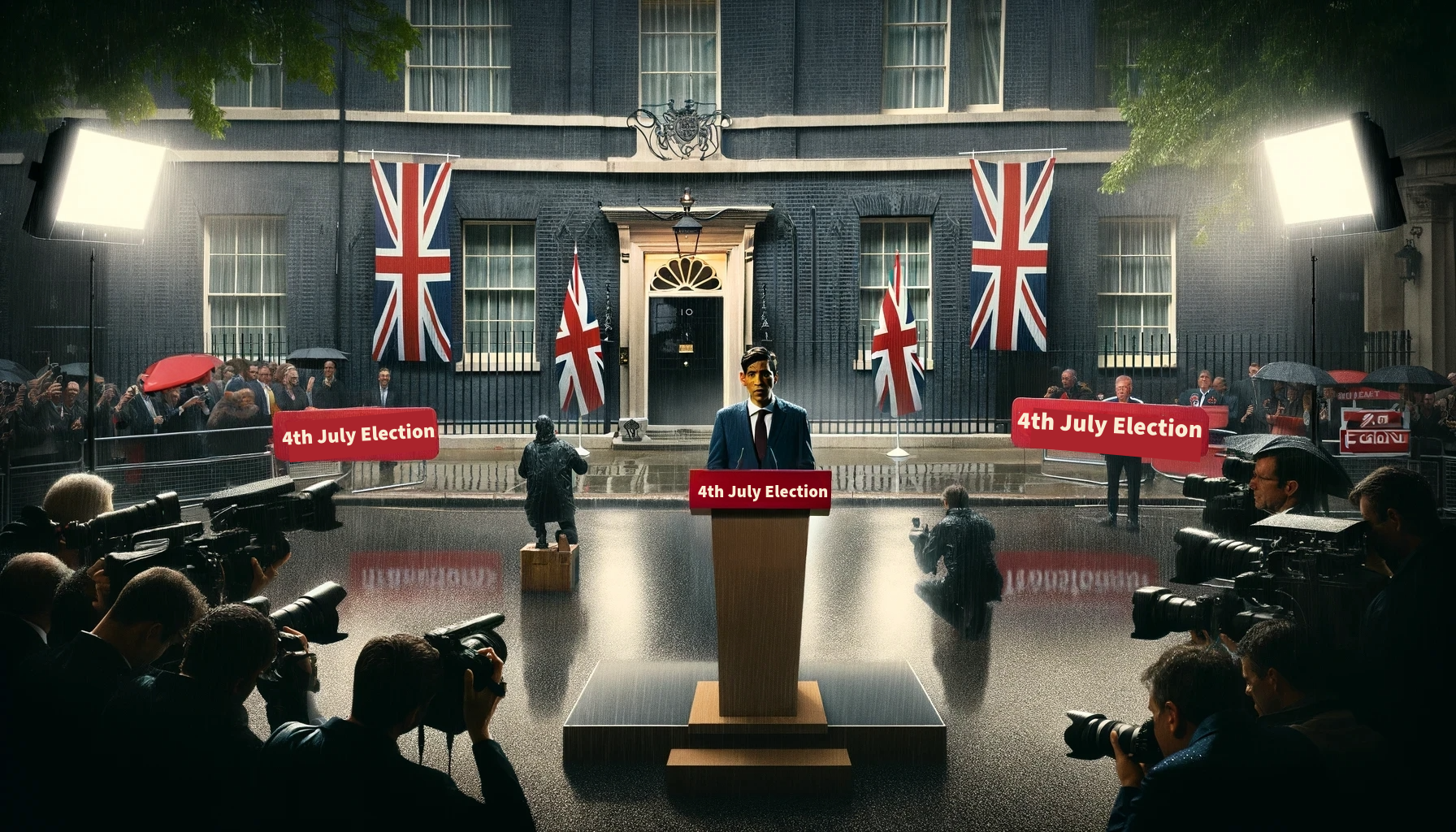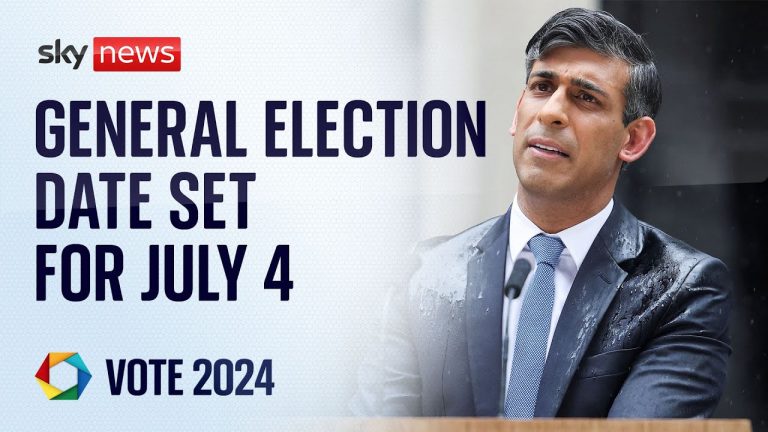General election July 2024: The 2024 UK General Election: What You Need to Know

On July 4, 2024, voters across the United Kingdom will head to the polls to elect their representatives in the House of Commons. This crucial election will shape the future government and policies of the UK. Let’s delve into the key details:
Background
- The election will determine the composition of the House of Commons, which also plays a crucial role in forming the UK government.
- Notably, this election will be the first to incorporate significant constituency boundary changes since before the 2010 general election.
- Additionally, it marks the first time that physical voter identification will be mandatory for voting at polling stations in Great Britain.
- Interestingly, it’s the first general election held in July since 1945.
- The last general election took place in 2019, resulting in the following seat distribution in the House of Commons:
- Conservative: 344 seats
- Labour: 205 seats
- Scottish National Party (SNP): 43 seats
- Liberal Democrats: 15 seats
- DUP: 7 seats
- Also Sinn Féin: 7 seats
- Plaid Cymru: 3 seats
- SDLP: 2 seats
- Alba: 2 seats
- Green Party: 1 seat
- Alliance: 1 seat
- Workers Party: 1 seat
- Also Reform UK: 1 seat
- Independent: 17 seats
- Speaker: 1 seat

Significant Changes
- Boundary Reviews: Notably, significant constituency boundary changes will be in effect for the first time since before the 2010 general election. These changes may impact electoral dynamics.
- Voter Identification: Another first: physical forms of voter identification will be legally required to vote at polling stations in Great Britain.
- Reign of King Charles III: This election will occur during the reign of King Charles III, who ascended the throne after Queen Elizabeth II’s passing in 2022.
Key Parties and Leaders
- Conservative Party (Rishi Sunak): The incumbent party with 344 seats.
- Also Labour Party (Keir Starmer): Holding 205 seats.
- SNP (John Swinney): 43 seats.
- Also Liberal Democrats (Ed Davey): 15 seats.
- And other parties vying for representation.

Voting Process
- People throughout the United Kingdom will choose all 650 members of the House of Commons for a term of up to five years.
- The party that commands a majority in the Commons, either alone or in coalition, will also form the next government, and its leader will become the prime minister.
- Opinion polls currently suggest that the Labour Party is in the strongest position.
Key Takeaways
- Prime Minister Rishi Sunak called for this snap election, setting the stage for a pivotal political event.
- As voters head to the polls, the future direction of the UK government hangs in the balance.

